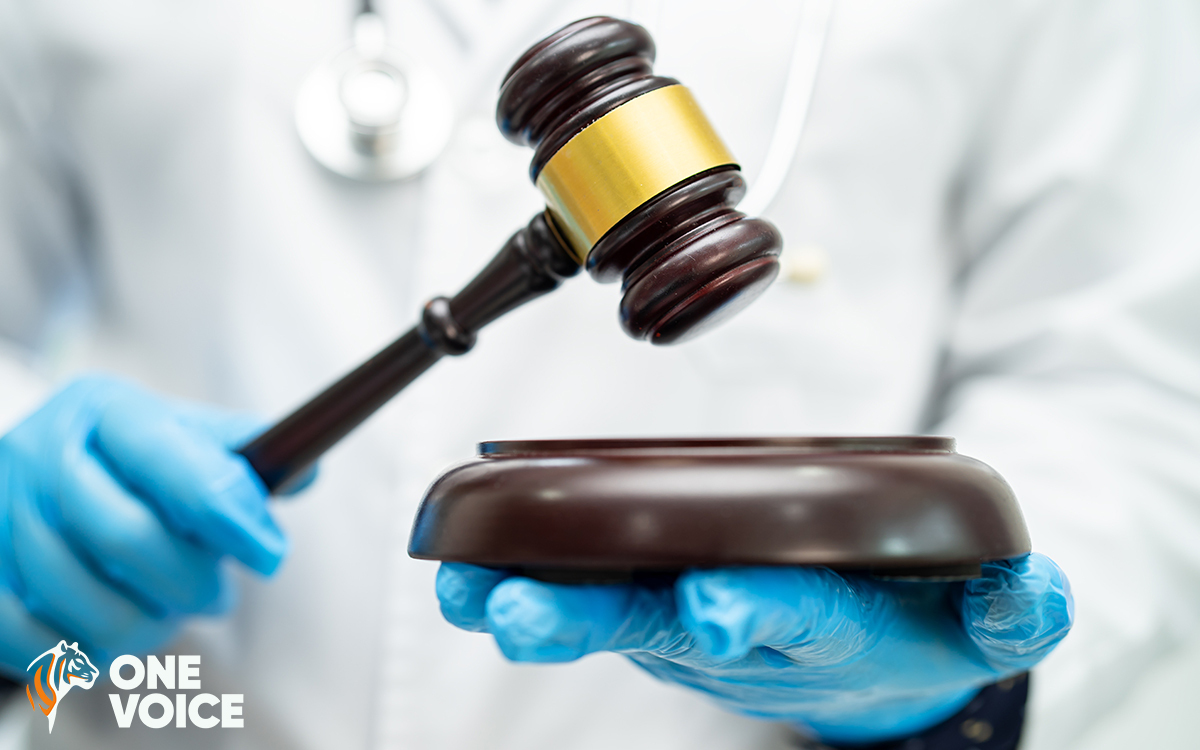
Animal testing: twenty rulings asking for transparency
Case files come one after the other and are similar: since last summer, thirteen new tribunals have told prefectures in twenty departments to provide their inspection reports for animal testing laboratories. This is in addition to around thirty rulings already obtained since Autumn 2021.
These new rulings concern the Charente-Maritime, Landes, Pyrénées-Atlantiques, Seine-Saint-Denis, Dordogne, Gironde, Yvelines, Essonne, Côte-d’Or, Guyane, Mayenne, Maine-et-Loire, Loire Atlantique, Vendée, Corrèze, Indre, Calvados, Haute-Garonne, Haute-Vienne, and Drôme Prefectures. The laboratories are in particular those at the French National Research Institute for Agriculture, Food and the Environment [INRAE], several University Institutes of Technology [IUT] and Universities, Sanofi, and also the French Office for Biodiversity, Dordogne Breeders’ Association, Dijon Agro Institute, French Alternative Energies and Atomic Energy Commission, and the Equitechnic company among others.
We find it difficult to understand how prefectures and their veterinary services (DDPP) still refuse to provide animal testing laboratory inspection reports after all of the rulings that oblige them to do so.
Transparency scares administrations
Prefectures’ justifications are always the same: (unfounded) fears for safety, criticism from animal associations, or the unbelievable idea that if the public have access to laboratory inspection reports, this would undermine investigations into violations and the enforcement of the law.
But tribunals are rarely fooled: while some rulings have authorised prefectures to hide very specific information, almost all of them only authorise names of laboratory staff and veterinary inspectors being redacted.
Such reluctance from the administration would be almost laughable if it were not so dramatic, when we know that sanctions are excessively rare and insignificant.
Transparency is substantive work
Not that these are the first lies issued by the administration to cover up their lack of transparency… It is therefore our responsibility to continue monitoring and carrying out substantive work, in order to gather information helping to report on the limits of the regulations and their application.
These documents allow us to finally note situations of animal mistreatment – always serious, sometimes illegal -in order to report on them and to attack those responsible through the justice system or to act against the inaction of the administration when this is possible.
Thus, even when the administration does not learn any lessons, each new ruling in favour of transparency is a victory.
Translated from the French by Joely Justice